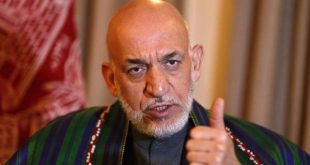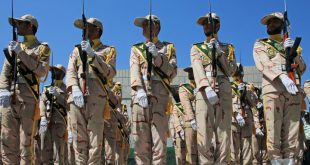AT News
KABUL – In the wake of the Taliban’s takeover more than two years ago, Afghanistan’s economy is facing significant challenges as the militant group endeavors to make the nation self-sufficient. Despite international isolation and economic hurdles, the Taliban-led government is forging ahead with ambitious projects aimed at bolstering various sectors.
The government is investing in infrastructure projects, including the construction of dams, canals, and tunnels to connect remote provinces. Steel mills are operating around the clock to support these endeavors. Facing a pariah status due to a crackdown on women’s rights, the Taliban is now emphasizing domestic revenue and customs to fund its initiatives, as access to foreign aid and central bank reserves remains restricted.
However, the economic conditions for the Afghan population continue to worsen, with a 60 percent increase in the number of people with humanitarian needs since 2021, now representing over two-thirds of the population, according to the United Nations.
The Taliban’s focus on self-sufficiency includes the expansion of oil extraction and the exploitation of Afghanistan’s rich lithium and mineral resources. These endeavors, if successful, could significantly contribute to covering domestic demand and attracting foreign investments.
Efforts to repair the railway link with Iran and complete repairs at the Salang tunnel aim to enhance trade opportunities and connectivity with neighboring countries. While these initiatives signal a move toward autonomy, the dependence on neighboring countries, particularly Pakistan, remains a challenge, with disruptions to cross-border trade affecting Afghan businesses.
Despite ambitions for economic revival, challenges persist. Political tensions with Pakistan have led to disruptions in economic ties, and power shortages are impacting vital industries. The Taliban blames the West, particularly the United States, for freezing Afghan central bank assets, hindering economic stability.
As Afghanistan seeks new partners, challenges emerge in relations with China and Iran. While Chinese companies eye lucrative opportunities in Afghanistan’s natural resources, political relations with Iran remain unpredictable due to border tensions over water supplies.
Meanwhile, the burden of taxes, fees, and licenses is taking a toll on local businesses, leading some entrepreneurs to consider closing shop. The decline in corruption is acknowledged, but the reopening of schools for girls is seen as crucial for economic flourishing by clearing the way for foreign aid and investment.
In this complex landscape, Afghanistan strives to stand on its own feet economically, but the path to self-sufficiency is fraught with obstacles, both domestic and international. The fate of the economy remains uncertain as the Taliban navigates through challenges and seeks a balance between autonomy and external dependencies.
 Afghanistan Times
Afghanistan Times




